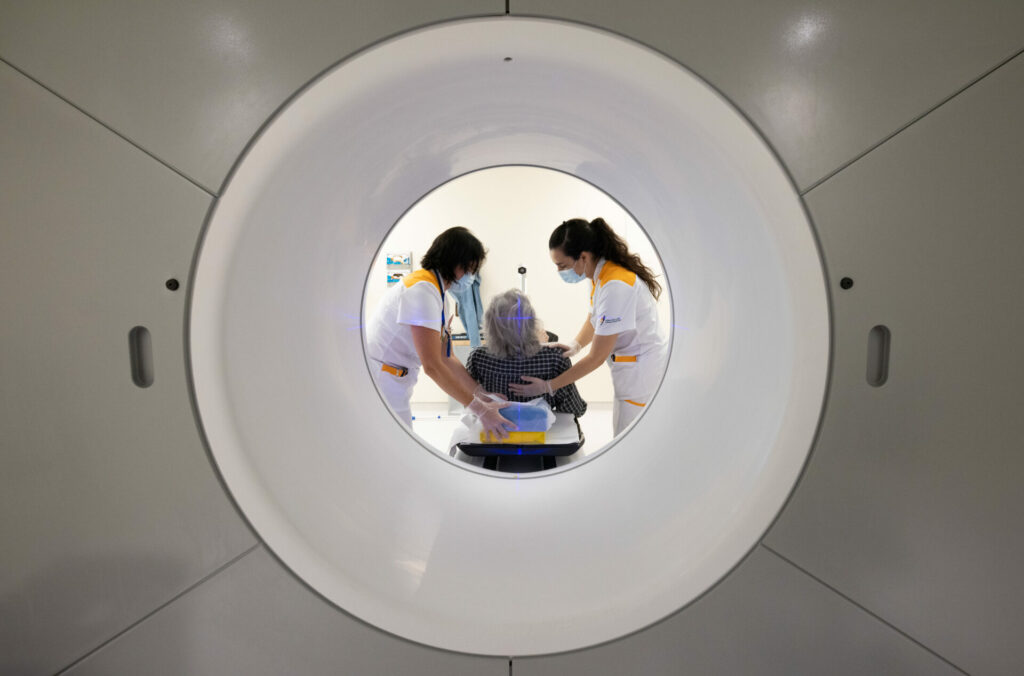Recent modelling conducted for the World Health Organisation (WHO) has revealed a massive increase in the number of people in Europe that suffer or have suffered from long Covid, with millions expected to live with it for years.
Science continues to learn more about the toll Covid-19 can have on people's bodies, and an increasing amount is known about long Covid — which sees people showing symptoms months after first being infected. Recent data confirmed that at least 17 million people in the WHO European Region experienced long Covid in the first two years of the pandemic.
“While there is much we still need to learn about long Covid, this data highlights the urgent need for more analysis, more investment, more support, and more solidarity with those who experience this condition,” said Dr Hans Henri P. Kluge, WHO Regional Director for Europe, speaking from the 72nd WHO Regional Committee for Europe, taking place in Tel Aviv, Israel.
The modelling based on data gathered by the Institute for Health Metrics and Evaluation (IHME) at the University of Washington indicated a "staggering" 307% increase in new long Covid cases identified between 2020 and 2021 across the 53 Member States of the WHO European Region.
A Belgian study published earlier this year showed that patients who showed one or more symptoms six months after a Covid-19 infection most commonly reported feelings of fatigue or exhaustion.
According to the modelling, most patients suffered from fatigue with bodily pain and mood swings, cognitive problems, and shortness of breath. It also found that females are twice as likely as males to experience long Covid.
Not taken seriously
While most people who are infected with the virus fully recover, it is estimated that 10-20% of patients develop a variety of mid and long-term effects. Despite this high number, many countries are failing to take the condition seriously by urgently investing in research, recovery, and rehabilitation, according to the WHO.
“Millions of people in our region, straddling Europe and Central Asia, are suffering debilitating symptoms many months after initial infection. They cannot continue to suffer in silence. Governments and health partners must collaborate to find solutions based on research and evidence.”
Aside from affecting people's physical well-being, it also poses many challenges to their psychological well-being, especially as symptoms fluctuate and can affect a person’s ability to perform daily activities such as work or household chores.
Related News
- Belgium's new vaccination campaign: Is a fourth dose really necessary?
- People infected with Omicron have less risk of Long Covid, says study
“Knowing how many people are affected and for how long is important for health systems and government agencies to develop rehabilitative and support services," Dr Christopher Murray, Director of IHME, one of WHO’s 800 Collaborating Centres, said.
WHO Europe has launched a partnership with Long COVID Europe, a network organisation that comprises 19 patient associations, with which it developed three goals when calling on governments to act swiftly, from recognition and knowledge sharing to research and reporting, and improved rehabilitation systems.

